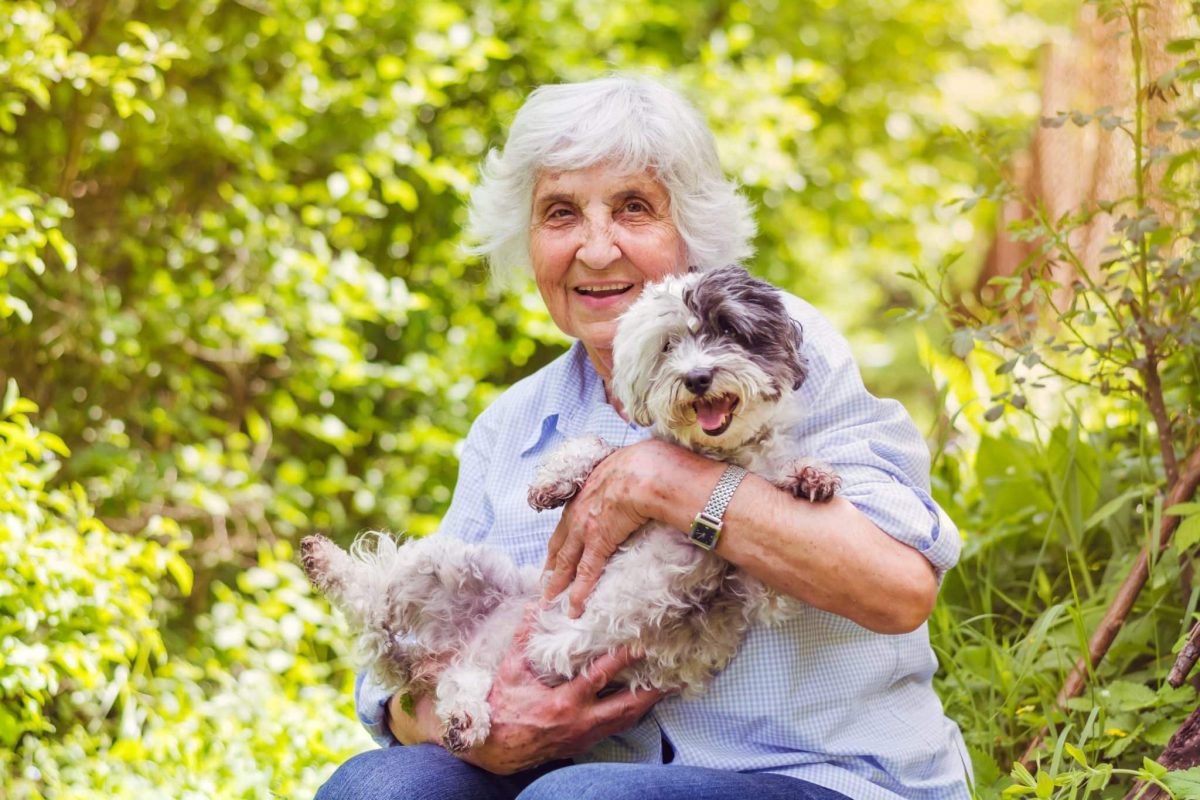For centuries, dogs have been beloved companions—loyal protectors, playmates, confidantes, and members of the family. But while we’ve always sensed their capacity to love, fear, and even sulk when left out, it’s only in recent decades that science has begun to take the emotional lives of dogs seriously. Today, groundbreaking research is confirming what many dog owners have long believed: dogs feel more than we ever imagined—from joy and anticipation to jealousy and depression.
Understanding what emotions dogs experience and how they express them isn’t just fascinating—it’s essential to deepening the bond we share and ensuring their mental well-being.
What Emotions Can Dogs Experience?
Dogs don’t just exhibit behaviors in response to commands or training—they express moods, preferences, and emotional reactions shaped by experiences, relationships, and environment. While it’s impossible to know exactly what a dog “feels” in human terms, behavioral science, neuroscience, and animal cognition studies have offered compelling insights.
The Core Emotions
Research suggests dogs experience many of the same core emotions that humans do: joy, fear, anger, disgust, and love. These emotions are deeply rooted in the limbic system—the part of the brain shared by mammals that governs emotional life. Through MRI studies and behavioral observation, scientists have demonstrated how these basic emotions manifest in dogs:
-
Joy is seen when dogs wag, spin, bark excitedly, or do the “zoomies” upon seeing a favorite person or toy.
-
Fear often results in cowering, retreating, tucked tails, or submissive postures.
-
Love and attachment are reflected in oxytocin surges in both dogs and their humans during affectionate interactions.
But beyond these fundamental emotions, a growing body of evidence suggests dogs may experience more complex social emotions, once thought to be the domain of humans and primates.
Empathy: Do Dogs Know When We’re Sad?
One of the most compelling areas of research focuses on canine empathy—the ability to recognize and respond to another’s emotional state. In a study from the University of London, dogs were found to approach and nuzzle people who were crying, even if they were strangers, more often than those who were talking or humming.
This empathetic response suggests that dogs are not only able to detect emotional cues like tone of voice, facial expressions, and posture—they are also motivated to comfort. Therapy dogs, often trained but sometimes innately sensitive, provide emotional support in hospitals and disaster zones precisely because of this remarkable ability.
In brain scans, dogs have also shown activity in regions similar to those in humans when exposed to emotional stimuli. For example, they can distinguish between happy and angry human vocal tones and often prefer friendly faces.
Jealousy: More Than Just Attention-Seeking?
If you’ve ever petted another dog in front of your own and watched your dog muscle their way between you—or bark or whine—you may have witnessed jealousy firsthand.
In a study published in the journal PLOS ONE, researchers found that dogs displayed jealous behavior when their owners showed affection to a lifelike stuffed dog (which barked and wagged its tail), but not when the owner interacted with a bucket or book. The dogs tried to get between their owner and the “rival,” and some even snapped at it.
This suggests that dogs are not simply reacting to a break in routine—they are aware of social dynamics and may feel left out or competitive for affection.
Anticipation and Memory: Dogs Live in More Than the Present
Contrary to the old belief that dogs live purely in the moment, science now shows they form expectations and memories. Dogs quickly learn daily schedules—meal times, walk times, the sound of the car pulling in—and demonstrate excitement in anticipation of these events.
This anticipatory excitement reflects emotional foresight, a form of cognitive processing once thought limited to humans and a few intelligent animals like dolphins and primates. Dogs also exhibit signs of long-term memory, especially of people they love, training experiences, and trauma.
Can Dogs Feel Depression?
Emotional lows are not exclusive to people. Dogs who experience major changes—like the loss of a human or animal companion, a move, or long stretches of isolation—can exhibit signs of depression. These may include:
-
Withdrawal from activities they usually enjoy
-
Loss of appetite
-
Lethargy or excessive sleeping
-
Decreased responsiveness or vocalization
Veterinarians caution that medical issues should always be ruled out first, but in many cases, emotional distress is at the heart of the change in behavior. Treatment may involve environmental enrichment, exercise, companionship, and, in some cases, medication or professional behavioral support.
Why This Matters: Respecting Canine Mental Health
As we learn more about the depth of a dog’s emotional life, our responsibility as caretakers grows. Dogs aren’t just responding to treats and cues—they are processing, remembering, reacting, and feeling. This means that:
-
Training should be rooted in positive reinforcement, not punishment or fear.
-
Loss, change, and trauma must be acknowledged and supported through empathy and routine.
-
Time, touch, and trust matter deeply to their well-being.
Understanding a dog’s emotional world also improves communication. When we know how dogs express stress, love, fear, or jealousy, we’re better equipped to support their overall wellness—not just physical, but psychological, too.
In the End, It’s Not Just Loyalty—It’s Love
Dogs have been beside us for over 15,000 years—not just as protectors or hunters, but as emotional partners. Today, science is finally catching up with what dog lovers have always known in their hearts: our dogs don’t just live with us—they feel with us.
By respecting their emotional complexity, we can deepen our bond, prevent misunderstandings, and give them the fulfilling, emotionally rich lives they deserve.

 1 day ago
7
1 day ago
7























 English (US) ·
English (US) ·